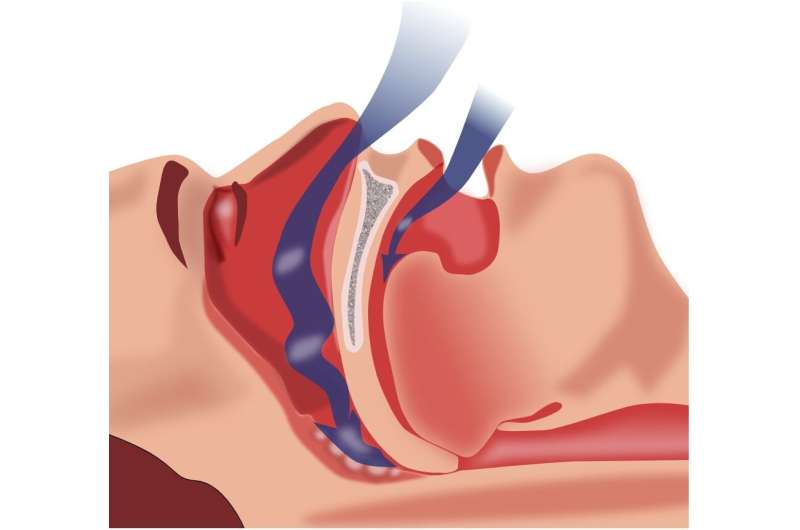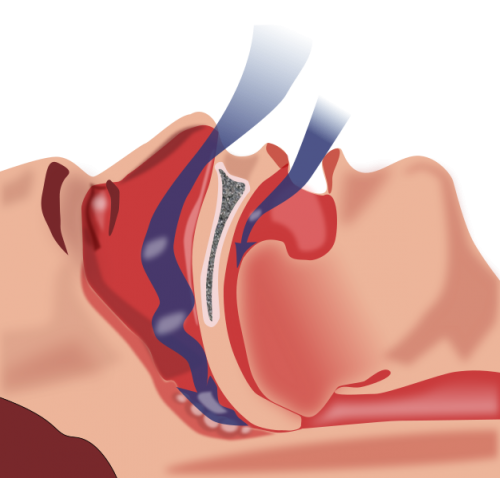
On July 30, 2021, the journal CHEST electronically published the outcomes and recommendations of a technical expert panel (TEP) on optimal noninvasive ventilation (NIV), conducted by the American College of Chest Physicians (CHEST), the American Academy of Sleep Medicine (AASM), the American Association for Respiratory Care (AARC), and the American Thoracic Society (ATS).
The CHEST Heath Policy and Advocacy Committee (HPAC) undertook this effort in response to the ongoing and growing concern that lifesaving equipment is being denied payment because of rigid criteria in local coverage determinations and that the existing coverage provided by Centers for Medicare & Medicaid (CMS) is not reflective of rapidly evolving technology in the field. In an effort to remove these regulatory barriers and support coverage of necessary medical equipment, CHEST initiated a patient-focused advocacy initiative for respiratory care called the Optimal NIV Medicare Access Promotion (ONMAP).
“CMS was wanting rigorous scientific support necessary to clarify the ‘reasonable and necessary’ role of these new mechanical therapeutic modalities where there was none in order to move forward,” said Peter C. Gay, MD, MS, FCCP, HPAC committee member. “What we have done is create a pathway to simplify the maze of regulation and perhaps most importantly, remove the obstacles that currently exist.”
The TEP was held virtually October 3-4, 2020, and welcomed participants from various areas of medicine. In addition to TEP experts, the meeting was attended by patient advocacy groups, industry partners, durable medical equipment providers, and a member of CMS. During the meeting, a small number of invitees were granted 10 minutes each to present their perspective on the current National Coverage Determinations (NCDs) and related policies. TEP members then drafted the resulting commentary and conclusions from the meeting without any external influence or communication.
The published reports will support a formal request for review of the CMS coverage determinations for the delivery of NIV therapy to Medicare beneficiaries. The five focus areas are designed to enable access to improved treatment for people suffering from a broad range of disorders, including (1) thoracic restrictive disorders, (2) COPD, (3) central sleep apnea, (4) hypoventilation syndromes and (5) Obstructive Sleep Apnea (OSA).
“We were able to gather the top experts in all of these fields who could summarize the best evidence. And, more importantly, we identified ways that current coverage was hindering the ability to get the right device to the right patient at the right time,” said Robert Owens, MD, HPAC committee member.
Patients who are paired with the right medical device experience a better quality of life and better management of their condition. These patients are often medically fragile, so timing and streamlined approvals are critical.
CHEST, along with the partnering organizations, will file a formal NCD reconsideration for improved NIV access in each of the five focus areas. If deemed necessary, the rules governing the reconsideration process include an opportunity for public comment.
“We encourage all involved parties to read the published journal reports and be prepared to advocate for these necessary changes. For this to be successful, we need the support of the membership of each of the organizations, representatives from patient advocacy groups, and all of the clinicians whose patients are impacted by the present restrictions to access to durable medical equipment,” said Steven Q. Simpson, MD, FCCP, president of CHEST.
The following links will direct you to the full report and recommendations published in the CHEST journal.
Elsevier


